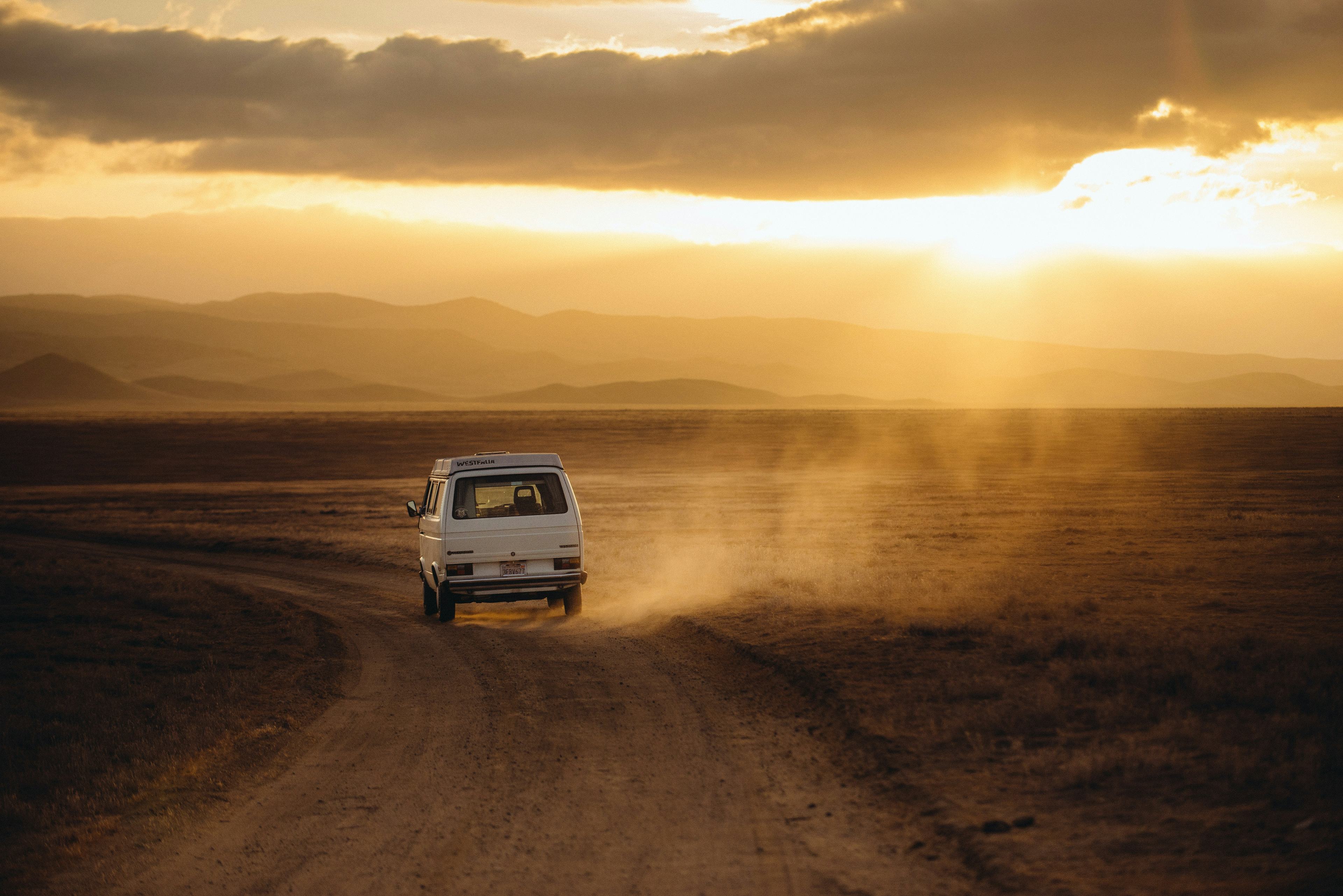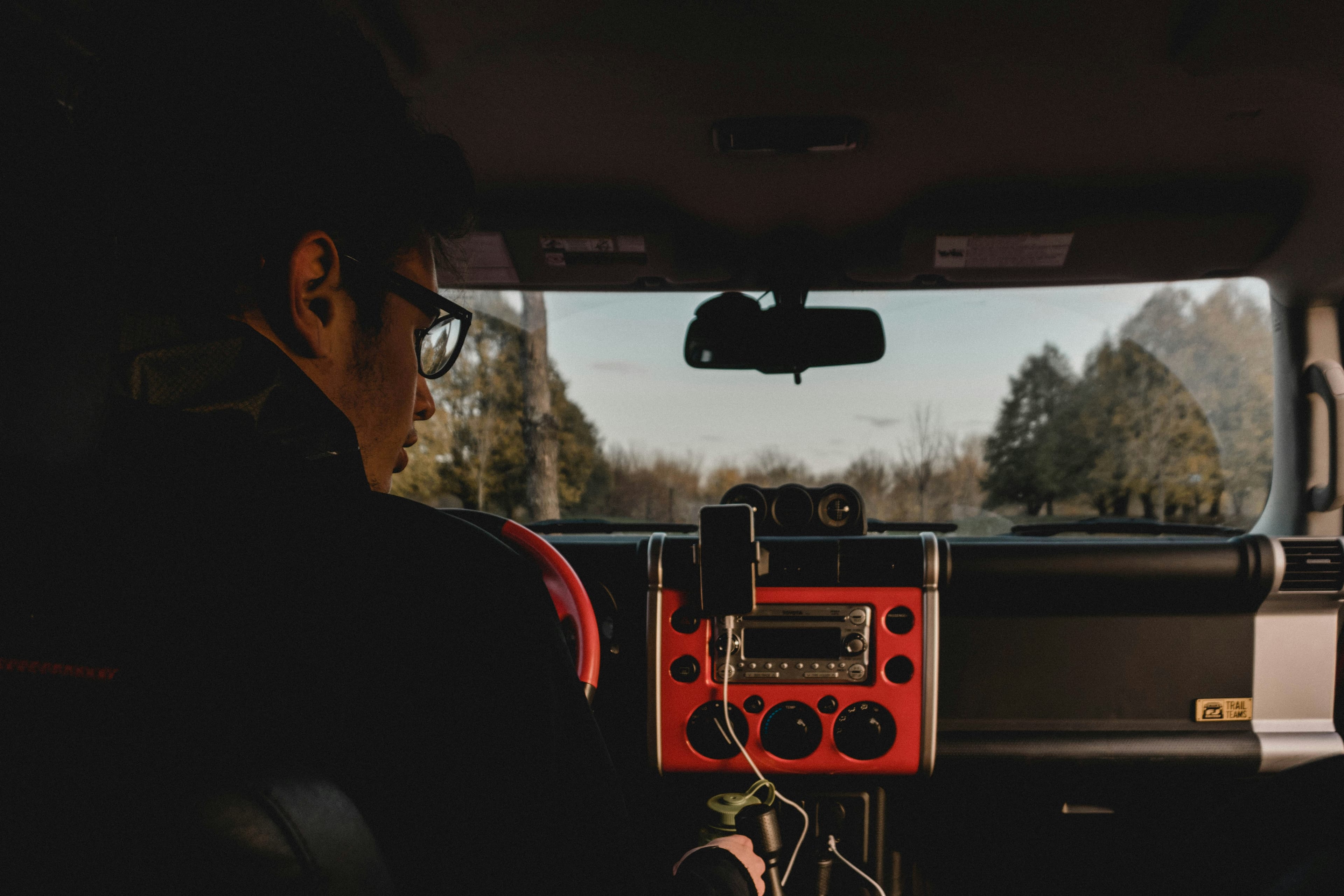Travel Legend Rick Steves Takes us on a Ride

Before he became America’s favorite travel guide, Rick Steves backpacked across Asia. His newly published journal reveals the trip that launched a lifetime of exploring.
IN SPRING OF 1978, a young Rick Steves —fresh out of college and years away from book and television fame—hung his head out of the window of a rusty bus in Nepal as it clung to the edge of a cliff. He looked “straight down at a vigorous river, long and lonely rope footbridges,” he wrote on the trip, “thatched huts, and green dripping terraces.”

Expert itineraries and trail recs, ocean experts and mountaineers, basecamp towns and oyster stops
Steves had arrived in the final country in a string of six across the “Hippie Trail,” a trek favored in the 1960s and ’70s by countercultural travelers. He’d rambled through Turkey, Iran, Afghanistan, Pakistan and India to Nepal, hitchhiking and hopping buses, taxis and trains. Steves had been working as a piano teacher at the time; he wrote more than 60,000 words in his journals of the trip. Unbeknownst to him, the journey was part of his transformation into a writer and teacher. He would self- publish a travel book, the first of many, two years later. So began his career as the author of guides and host of TV and radio shows that have steered millions of Americans on international adventures.
“Slow bus rides with open windows big enough to feel the wind while literally leaning into the views are my favorite,” he wrote on the trip.

Steves, 70, unearthed his youthful journal recently and published it for the first time this year as On the Hippie Trail: Istanbul to Kathmandu and the Making of a Travel Writer. The stories appear mostly in their original form, alongside photos of handwritten pages and snapshots.
The light touch on editing allows for the book’s fresh and open spirit of adventure and discovery to shine. We see the Hippie Trail through Steves’ young eyes, free and curious about the world.
“Reading this 40 years after I wrote it, it was like taking an anthropological dig into a 23-year-old version of myself, and I'm three times that old right now,” Steves says. “And I think it reminds you of who you are inside, before you got tamed.”
THE WILDSAM QUESTIONNAIRE
WHAT IS THE SENSORY EXPERIENCE THAT YOU MOST ASSOCIATE WITH YOUR HOMETOWN?
Rain on my face with a view of the mountains.
MOUNTAIN, DESERT OR SEA?
Yes.
GAS STATION SNACK OF CHOICE?
Peanut M&M's.
LIFE ADVICE THAT YOU'VE NEVER FORGOTTEN?
Shrouds have no pockets.
THE SONG YOU'D LIKE TO BE ON THE RADIO WHEN YOU GET IN THE CAR?
“Hello, Goodbye” by The Beatles.
WHAT DO YOU WANT TO BE WHEN YOU GROW UP?
Alive.
But even four decades later, Steves still encourages us to travel in this spirit.
“The fundamental thing about the Hippie Trail is getting away from your home and looking at it from a distance,” he says. “It’s embracing culture shock as the growing pains of a broadening perspective. It’s traveling in a way that is transformational. That’s fundamentally good travel: when it changes you. When you get out of your comfort zone.”
Steves calls the Hippie Trail “the epic road trip.” Crossing the Khyber Pass, he says, was a thrilling moment on a “fabled mountain pass where you’re leaving Islam and ahead of you stretches Hindustan.” It bridges a cultural gap and geographical one too. “Istanbul to Afghanistan, it was all arid, brown, burned off with a forest of minarets and a cacophony of calls to prayer—a beautiful experience,” he says. “And then when we came out of Khyber Pass, I had a sense that ahead of me was this humid, lush, monsoon-drenched, fragrant, graceful, elegant world of Hindu faith. And I find it, both faiths, very stimulating and charming in a certain way, and inspiring.”

Steves, as it turned out, was part of a late wave of wanderers to travel the Hippie Trail in those days, before the Iranian Revolution and Soviet invasion of Afghanistan. But he also says we need not be bogged down in the labels of routes and box-checking specific journeys. It’s really more about a way of traveling that matters, and even road trips, he says, don’t have to be literal. They can carry more of an ethos of exploration.
“As a good traveler, you measure the quality of the experience by not how many things you check off on your bucket list, but how many people do you talk to,” he says. “Real people who are curious about you, and you can be curious about them. How many people do you share a drink with?”
When he’s not on the road, Steves lives in his longtime hometown of Edmonds, Washington. In 2024, he was diagnosed with prostate cancer, and has been public about that journey as well. (“I think we shouldn’t be ashamed of that and hide,” he says, “and we should all be inspiring each other to be healthier.”) Now cancer-free and continuing to stay present in his activism and travel, he sounds as eager as ever to keep learning along every inch of the road. As he told The New York Times late last year: “I want to go home a little bit different, a little less afraid, a little more thankful, a little better citizen of the planet.”





